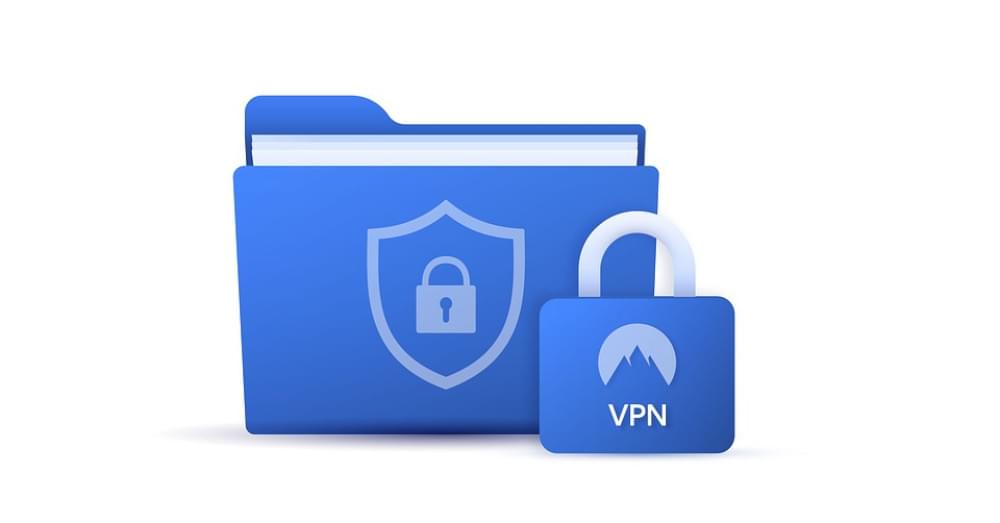Can you be tracked with a VPN?
Curious about the privacy of your online activities while using a VPN? Explore the ins and outs of whether you can be tracked with a VPN in this informative article.
Privacy and online security have become increasingly essential concerns in today’s digital age. Many internet users turn to Virtual Private Networks (VPNs) to protect their personal information and browse the web anonymously. But can you be tracked with a VPN? In this article, we will explore this question and shed light on the various aspects of VPN tracking.
Can you be tracked with a VPN?
One of the primary reasons people use VPNs is to ensure their online activities remain hidden from prying eyes. A VPN creates an encrypted tunnel between your device and the internet, making it difficult for third parties to track your online behavior. However, it is important to note that not all VPNs offer the same level of privacy and protection.
When you connect to a VPN, your internet traffic is routed through the VPN server before reaching its destination. This means that your IP address, which is a unique identifier for your device on the internet, will be replaced with the IP address of the VPN server. As a result, websites and online services you visit will see the VPN server’s IP address instead of your own.
Can your ISP track you when using a VPN?
One common concern is whether your Internet Service Provider (ISP) can still track your online activities when using a VPN. The short answer is that your ISP will not be able to see the specific websites you visit or the content you access. However, your ISP can still detect that you are using a VPN, as the connection itself cannot be hidden.
When you establish a VPN connection, your ISP will be able to see that you are connected to a VPN server. They can detect the encrypted traffic passing between your device and the VPN server, but they won’t be able to decipher the contents of that traffic. This means that while your ISP can’t see the websites you visit or the data you transmit, they can still tell that you are using a VPN.
While a VPN can help protect your online privacy from your ISP, choosing a reputable VPN provider prioritizes user privacy and security is important. Not all VPNs are created equal, and some may log your online activities or share your data with third parties. It’s essential to do thorough research and choose a VPN that has a strong track record of protecting user privacy.
EonVPN offers completely free VPN services, ensuring secure enterprise traffic by utilizing a minimal portion of your internet connection. It is a high-speed VPN, 100% secure, and never tracks your activity log with seamless activity.
Who can see that you’re using a VPN?
While your VPN prevents your ISP from seeing your browsing activity, it is important to understand that other entities may be able to detect your VPN usage. Certain websites and online services can recognize and block VPN traffic. Additionally, the VPN provider itself may have access to your internet activities, so it is crucial to choose a reputable VPN service that has a strict no-logs policy.
Therefore, it is important to understand the limitations of a VPN and take additional measures to protect your online privacy. This may include using secure browsers, employing strong encryption methods, and being cautious about the information you share online.
Is a free VPN a viable option for privacy?
When it comes to VPNs, there is often a trade-off between cost and privacy. While free VPNs may seem like an attractive option, they often come with limitations and potential risks. But there is an EonVPN available that has no limitations and shares a tiny fraction of your internet.
One of the most common issues with free VPNs is the reduction in internet speeds. Since these services are offered for free, they often have a limited number of servers and a large number of users. This congestion can result in slower connection speeds, making it frustrating for users who require fast and seamless browsing experiences.
Another concern with free VPNs is the presence of advertisements. To cover their costs, many free VPN providers display ads to their users. These ads can be intrusive and disruptive, negatively impacting the user experience.

Despite these concerns, there are free VPN services that prioritize user privacy and offer reliable protection. EonVPN, for example, is a reputable free VPN that has gained recognition for its commitment to user privacy. They have a strict no-logs policy, meaning they do not collect or store any user data. Additionally, EonVPN uses advanced encryption protocols to ensure that user information remains secure and inaccessible to unauthorized parties. It also has large number of servers and provides a great speed to its users without any limitation.
Ultimately, the decision to use a free VPN for privacy depends on individual needs and preferences. While free VPNs may offer a convenient and cost-effective solution, it is important to carefully evaluate their features, reputation, and privacy policies before making a choice.
Can Google track you through a VPN?
Google, being one of the largest internet companies, plays a substantial role in tracking user activities. When utilizing a VPN, Google will struggle to link your search history directly to your online identity. However, keep in mind that other factors, such as signed-in accounts or browser cookies, may still allow Google to track you to some extent.
Can the police track you with a VPN?
The use of a VPN is often associated with maintaining privacy from government surveillance. While a VPN can add an extra layer of security to protect you from hackers, it is not entirely foolproof. Law enforcement agencies equipped with advanced tools and resources may still be able to track individuals using VPNs. However, for most users, a VPN combined with sensible online behavior will greatly enhance their privacy and protection.
Conclusion
In conclusion, using a VPN can offer a significant level of privacy and security when browsing the internet. While it can protect you from certain entities tracking your online activities, it is crucial to choose a reputable VPN provider, be aware of the limitations, and take additional steps to safeguard your digital footprint.



